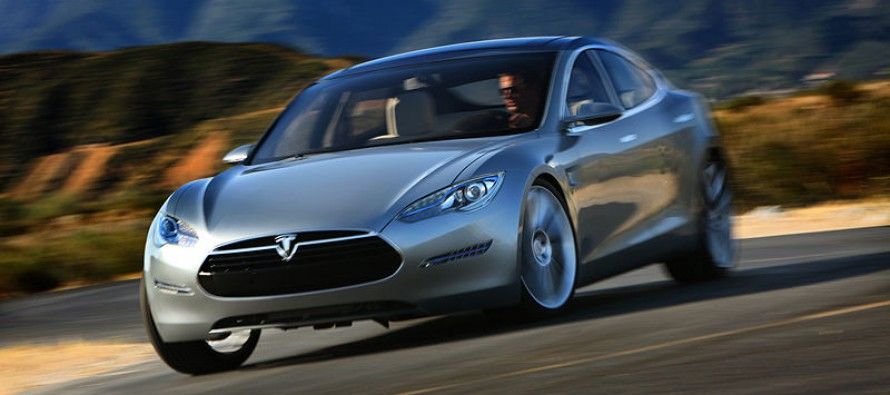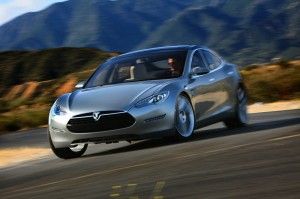Tesla gets first taste of tax break

 Last week, the state of California gave Palo Alto-based electric vehicle maker Tesla a tax break valued at more than $30 million. SF Gate first reported the news.
Last week, the state of California gave Palo Alto-based electric vehicle maker Tesla a tax break valued at more than $30 million. SF Gate first reported the news.
Ostensibly, the tax break will help the automaker build more cars and help create jobs in California. Business groups (that like tax breaks) and environmentalists (who like electric cars) have both praised the move. But a larger question remains, and it’s about the tax that Tesla was able to avoid.
California is one of the few states that enforces a tax on the purchase of manufacturing equipment. While most taxes affect companies’ abilities to expand and grow, few do so as directly as the manufacturing equipment tax does.
Whenever a company wants to expand its manufacturing operations, it has to automatically add a 4.1875 percent tax to the cost of equipment. In the case of Tesla, the company was more easily able to afford purchasing hundreds of millions of dollars in new equipment because it got a $34.7 million tax break.
The manufacturing tax has had demonstrably negative effects on California’s economy. After massive shrinkage during the recession, manufacturing began to regrow as an industry. Nationally, according to the U.S. Bureau of Labor Statistics, the number of manufacturing jobs has increased 4.59 percent since bottoming out in 2010. But in California, that number is around half a percent. Many pointed to the manufacturing equipment tax as a reason for that anemic rebound.
Californians may be used to hearing stories like this without any action to resolve the problem. But Assembly Bill 93 —which passed both houses of the state Legislature in June — created tax exemptions for many businesses beginning in July 2014. The bill’s sponsor was the Assembly Budget Committee.
Although the legislation included tax exemptions, it also included changes to various economic development areas in the state. This led most Republicans to reject the bill. Republicans also pointed out that AB93 was presented to them “only hours before a hearing,” according to the Sacramento Bee.
“It is the intent of the Legislature to exempt manufacturing equipment from state sales and use taxes in order to make California more competitive in attracting new businesses to the state,” the bill reads, continuing, “and to bring California in line with the 48 other states that exempt manufacturing equipment from sales and use tax.”
Application
So how can a business apply for this manufacturing tax exemption? The business simply needs to belong to someone engaging in manufacturing or research and development in biotech, engineering and biological or physical sciences. And companies can qualify for up to $200 million in exemptions for machinery and equipment, the equipment used to operate that machinery or equipment, and special purpose buildings needed for manufacturing.
And, according to the state, the property must be used for “manufacturing, processing, refining, fabricating, or recycling of tangible personal property,” or research and development.
Dorothy Rothrock of the California Manufacturers and Technology Association told Bloomberg Businessweek the law “should help California be a little more nimble and responsive when companies come and say: ‘Hey, we’d be here except for this problem or that problem.’”
She added, “It’s not a bad idea for state leaders to have some flexibility to make a deal with people.”
Related Articles
Will an Electrolyte Drink Ban Save Kids?
AUGUST 5, 2010 By LAURA SUCHESKI Gatorade, Powerade and other sports drinks could soon be the latest food items prohibited
Poor test scores raise new doubts about landmark 2013 school finance law
Five years after Gov. Jerry Brown and the Legislature passed a sweeping new school finance law meant to provide extra
Is Democratic CA senate leader’s ammo-sales bill legal?
Legislative Democrats pushed through a gun-control measure last week that is almost certain to be challenged in court — where




